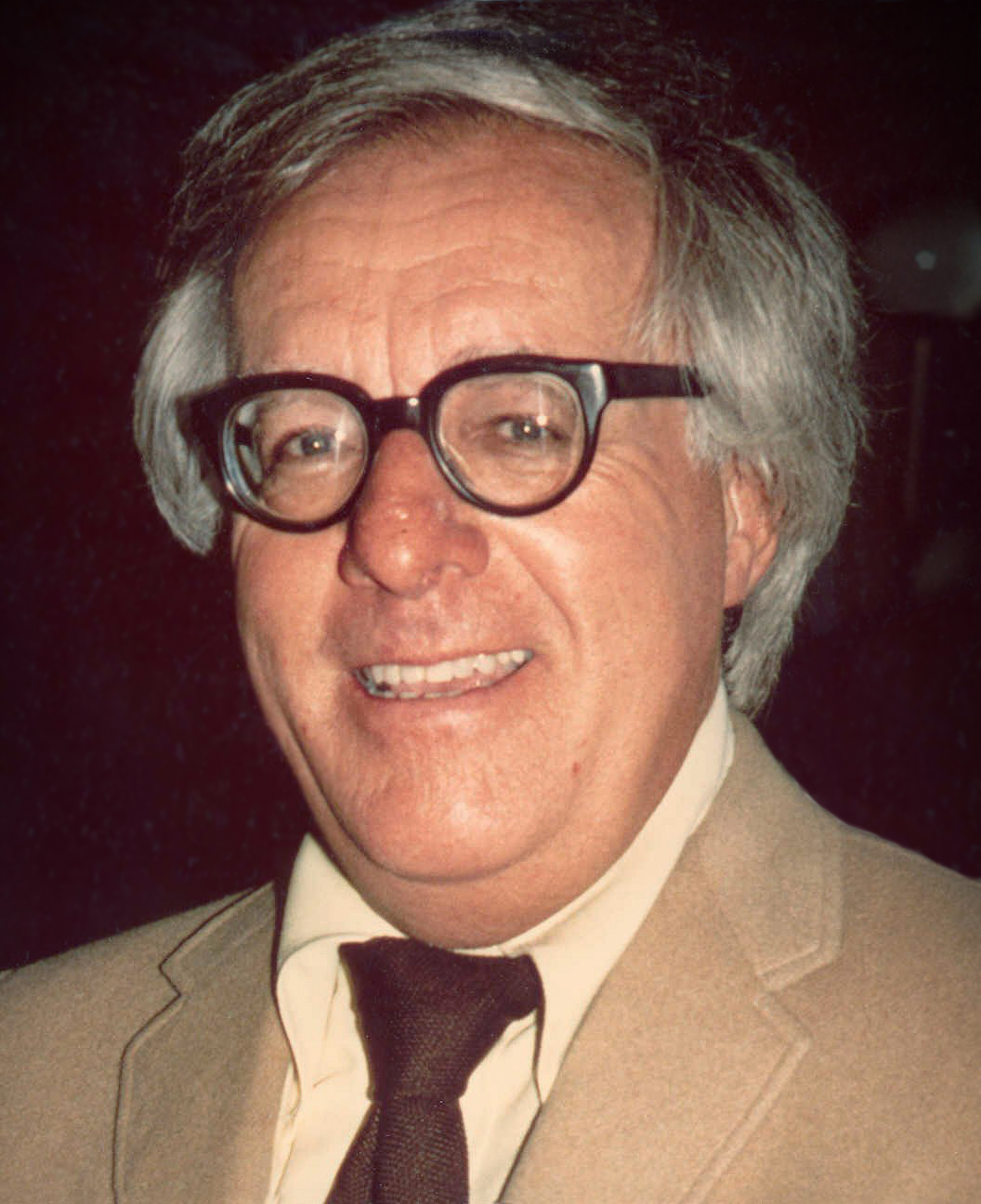Ray Bradbury, whose birthday we celebrate today, was a lifelong proponent of books and literature. He fought for the preservation of libraries, and only allowed his physical books to be formatted for e-readers when he was given no other option. This love of books as physical objects is only natural, you might say, for one who made his living as an author. But Bradbury and books are even more connected. After all, his most famous book takes as its focus books themselves, or, rather, a society that burns books. Fahrenheit 451 is a mainstay on most high school English reading lists, and for good reason. It's a cautionary tale, reminding readers of all ages of the risks of simply conforming, doing what they're told, and failing to use their minds to think for themselves. Bradbury's warning goes beyond just the burning of books. As he writes in Fahrenheit 451, “You don't have to burn books to destroy a culture. Just get people to stop reading them.”
In honor of Bradbury's birthday, we've rounded up some of our favorite posts and videos about or including the legendary author. Perhaps the best gift we all could give the late author is to pick up a book we've yet to read and learn something new.
Six Interesting Facts About Ray Bradbury

Ray Bradbury revolutionized science fiction, bringing it to the forefront of American pop culture. He inspired and continues to inspire countless innovators and creatives who have come after him. The innumerable list of people who call themselves Bradbury fans includes vanguards such as Stephen King, Steve Wozniak, Steven Spielberg, Stan Lee, Ursula Le Guin, Hugh Hefner, Buzz Aldrin, R.L. Stine, and Neil Gaiman. Here are six interesting facts about the man who unlocked the doors to America's imagination.
1.) He always claimed he could remember his own birth.
He told journalist and biographer Sam Weller, author of The Bradbury Chronicles, "I have what might be called almost total recall back to my birth. This is a thing I have debated with psychologists and with friends over the years. They say, 'It's impossible.' Yet I remember." Read more >>
The Many Hats of Science Fiction Author Ray Bradbury
Bradbury was more than an author of novels and short stories; he delved into other disciplines, from screen writing to urban planning.
Bradbury came to screenwriting naturally. When he was fourteen years old, his family moved to Los Angeles. He spent that summer roller skating around Hollywood, hoping to collect autographs from celebrities. Bradbury would remain a lifelong--and vocal--resident of Los Angeles for the rest of his life. John Huston invited Bradbury to adapt Moby Dickfor the big screen, an assignment that Bradbury called "the worst six months of my life." Despite his unhappy experience, Bradbury would undertake numerous other screenwriting projects. He's responsible for the original screen treatment for "It Came From Outer Space," which is often considered one of the most influential science fictionmovies of all time. His animated film, "Icarus Montgolfier Wright," earned Bradbury an Academy Award nomination, while the teleplay for "The Halloween Tree" garnered him an Emmy Award.
During the days of the Red Scare, Hollywood was turned on end as numerous screenwriters, actors, and other luminaries were accused of embracing Communism. The House of Un-American Activities Committee was created to identify and blacklist individuals who were found to harbor Communist sentiments, blacklisting authors and cinematic professionals like Lillian Hellman. After the Hollywood Ten were cited for contempt of Congress and blacklisted, Bradbury was one of only a few to speak out against the loyalty oath that the Screen Writers Guild tried to impose upon its members. Read more >>
Further Reading:
- This article from BBC News details Bradbury's opposition to his books becoming e-books.
- The article titled Why Fahrenheit 451 Is the Book For Our Social Media Age from the New York Times is fascinating. The author's adaptation of Fahrenheit 451 aired on HBO in May.









